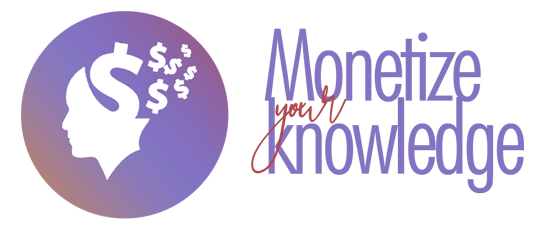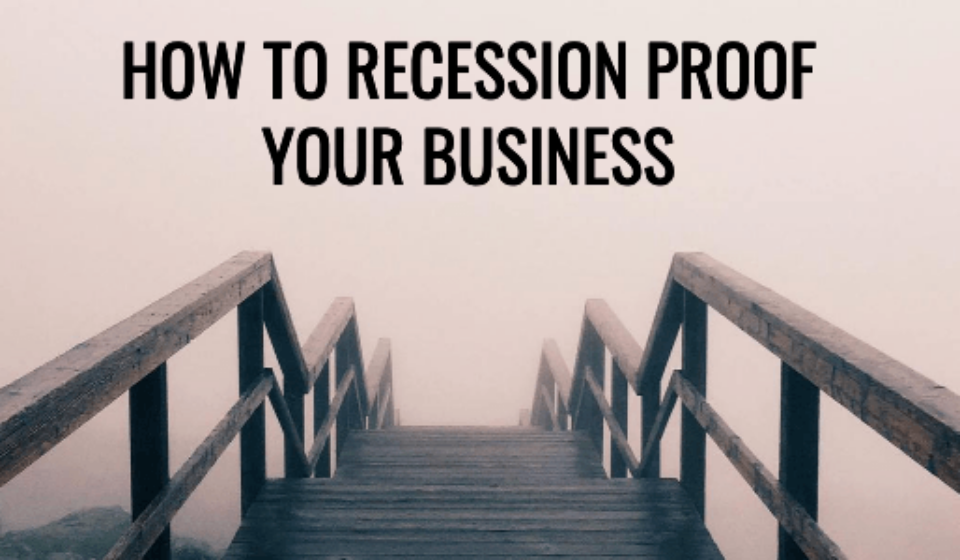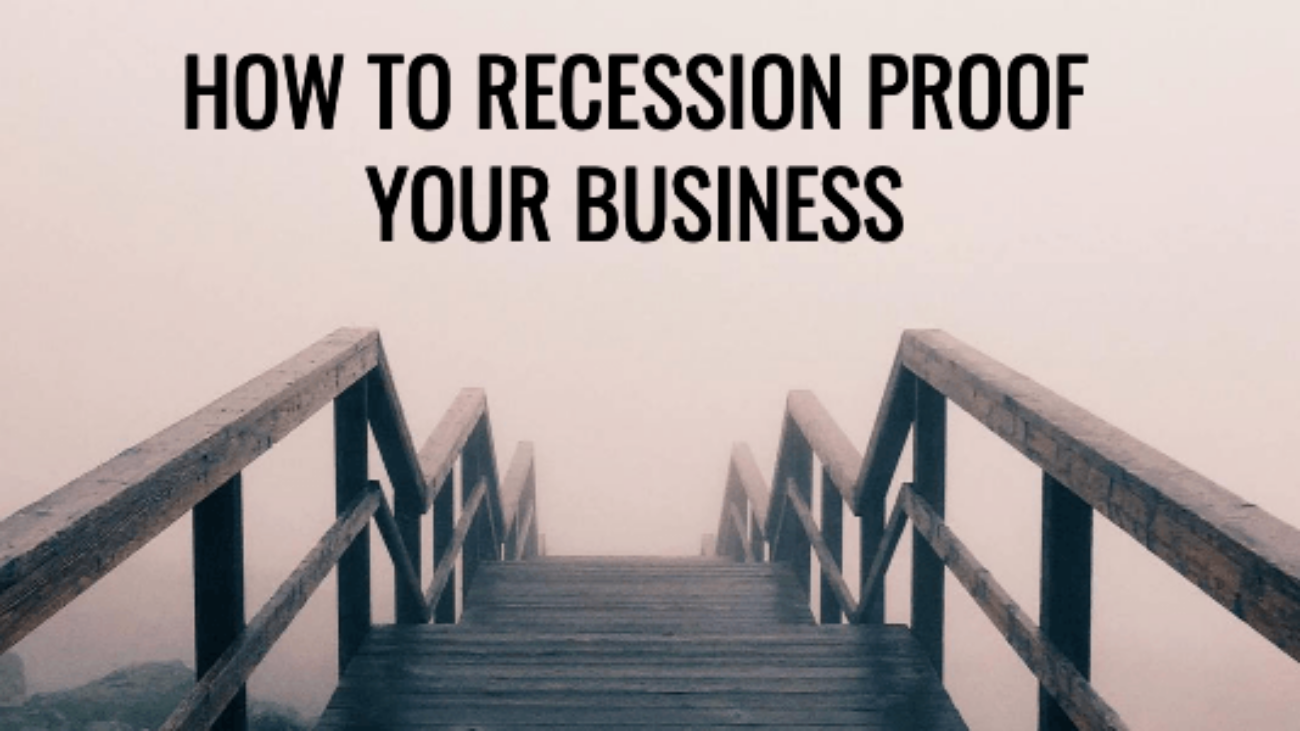Starting a business is exciting and intense. However, no matter how successful your business is it is still at the mercy of external factors like recessions.
Running a successful small business is difficult in times of changing global affairs, turbulent markets, and challenging economic conditions but when these troubles are over, the rewards are sweet.
However small businesses are the most vulnerable when an economy becomes turbulent.
Let’s face it, Nigeria has been on a downward recline since COVID-19. From the incessant hike in the price of foodstuff, transportation, fuel subsidy removal, and strikes to low employment rates. With all of these leading to a lowered standard of living for the general population, small business owners have not been left out of the full-blown effects of these ongoings.
Owning a business now takes triple the usual effort.
But Nigeria is not the only country going through an economic meltdown because some other countries are not spared either.
So, when a country slips into a bad economy business owners are faced with two options:
- Be enveloped in fear and shut down
- Or pivot/innovate
Your option should be the latter. While we cannot predict or control a recession, we can control what we do to get prepared by managing cash flow, debt, and inventory management to mention a few.
Tip #1 Talk to your people.
This includes your staff, colleagues, partners, and customers.
Help your team make sense of the situation. Allay their fears. Enforce safety precautions if you must.
You may have to tweak working conditions even. If your team can function remotely, then by all means let them work from home till the calamity is over. And consider new working hours so they don’t put their mental, and physical health and safety at risk in a bid to get their jobs done.
Then communicate these changes to your customers and partners to manage their expectations.
Tip #2 Maintain the forte
Rather than worry about what you cannot control, like inflation in the price for clearing your goods, products stuck in another country, or suppliers shutting down, try to expand your cash position by selling existing products. Clear your INVENTORY AT HAND.
And focus on the things that you can control.
Tip #3 Spot the opportunities
A bad economy ushers a fresh wave of economic problems that need to be tackled. The demand for new products and solutions will arise.
So as a business owner, you have to capitalize on these opportunities. Tap into this demand and create a new cash flow for your business.
Tip #4 Capitalize on your current customers
Your existing customers are familiar with your brand already. Your chances of them referring your business are high so why not increase sales by upselling and cross-selling to them?
Upselling is the practice of selling a more expensive product to a customer while cross-selling is offering supplementary products.
Keep in mind that it will be easier to upsell and cross-sell to them because they are familiar with your business and what you offer. And they trust you to an extent because if they don’t they wouldn’t be your customers in the first place.
As an alternative to conventional marketing approaches, you can offer these customers perks, such as early access to new items and special discounts.
Your customers will keep coming back for more if you show them how much you care about them (and tell their friends the same thing).
My Final Note
Maintaining cash flow in a bad economy is hard not to talk of increasing cash flow but I tell you for a fact that it is possible. I am a living witness. The tips that I mentioned here will work for you if you’re looking to not just survive a bad economy as a business owner but also thrive














